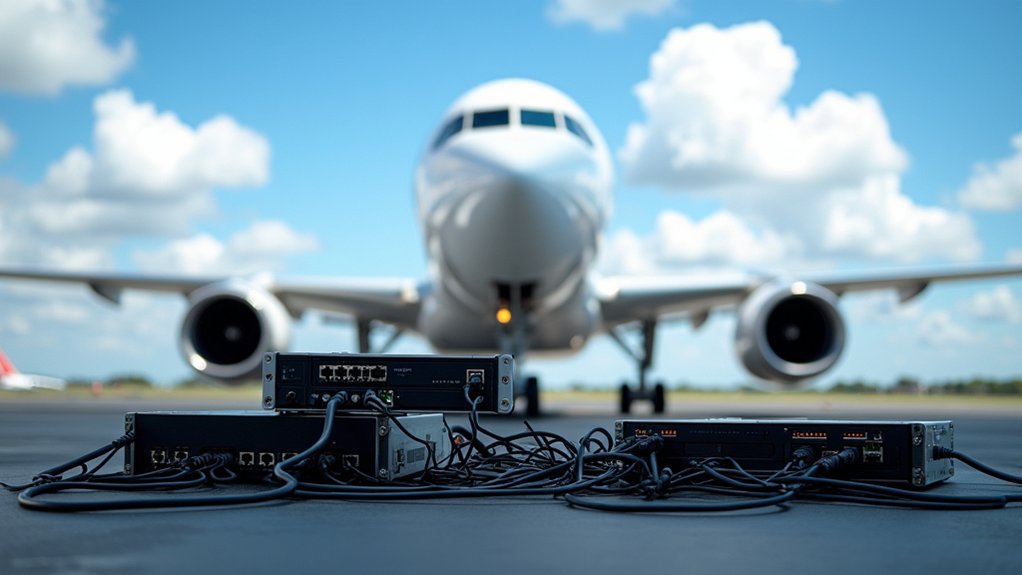A dramatic escalation in Chinese cyber espionage activities has emerged as one of the most notable national security challenges facing the United States, with cybersecurity experts documenting a staggering 150% increase in Chinese-backed operations worldwide throughout 2024.
The surge has been particularly pronounced in critical sectors, where attacks against finance, media, and manufacturing industries have spiked by up to 300%, according to intelligence assessments.
The telecommunications sector has borne the brunt of these sophisticated intrusions, with Chinese operatives successfully compromising data from hundreds of thousands of US mobile phone users, potentially affecting over one million customers.
Senate Intelligence leadership has characterized this breach as the “worst telecom hack in United States history,” highlighting the unprecedented scale and severity of the operation.
At least eight major US telecom providers have fallen victim to these attacks, with hackers exploiting critical vulnerabilities in surveillance and lawful intercept systems.
The attackers demonstrated remarkable sophistication by weaponizing the very infrastructure designed for legitimate government surveillance, turning these systems against their operators.
Microsoft and Mandiant are currently assisting federal investigators in determining the full extent of the compromise.
Over the past decade, intelligence agencies have documented 104 incidents of Chinese cyber espionage targeting US interests, with 49% directly involving Chinese government or military actors.
These operations have increasingly focused on commercial technologies, which account for 54% of targeted assets, as military technology represents 29% of incidents.
Cybersecurity firms identified seven new China-nexus adversaries in 2024 alone, highlighting the expanding scope of these operations.
The strategic objectives have evolved considerably beyond traditional intellectual property theft. Since 2013, a significant transformation in tactics has coincided with Xi Jinping’s leadership, as 69% of all documented espionage incidents have occurred during his tenure.
Intelligence assessments indicate Chinese operatives are now preparing for potential physical sabotage of US infrastructure, representing a fundamental shift toward more aggressive capabilities.
The rapid adoption of AI-powered deception tactics has allowed attackers to evade detection systems with unprecedented effectiveness.
Federal officials have convened emergency discussions with industry leaders to address the mounting threat, as cybersecurity experts stress the urgent need for thorough defense overhauls.
The ongoing operations continue to impact both US and Asia-based networks, demonstrating the global reach of Chinese espionage capabilities. Among the high-profile targets, President-elect Donald Trump and Vice President-elect JD Vance had their communications specifically targeted by the sophisticated hacking operation.









